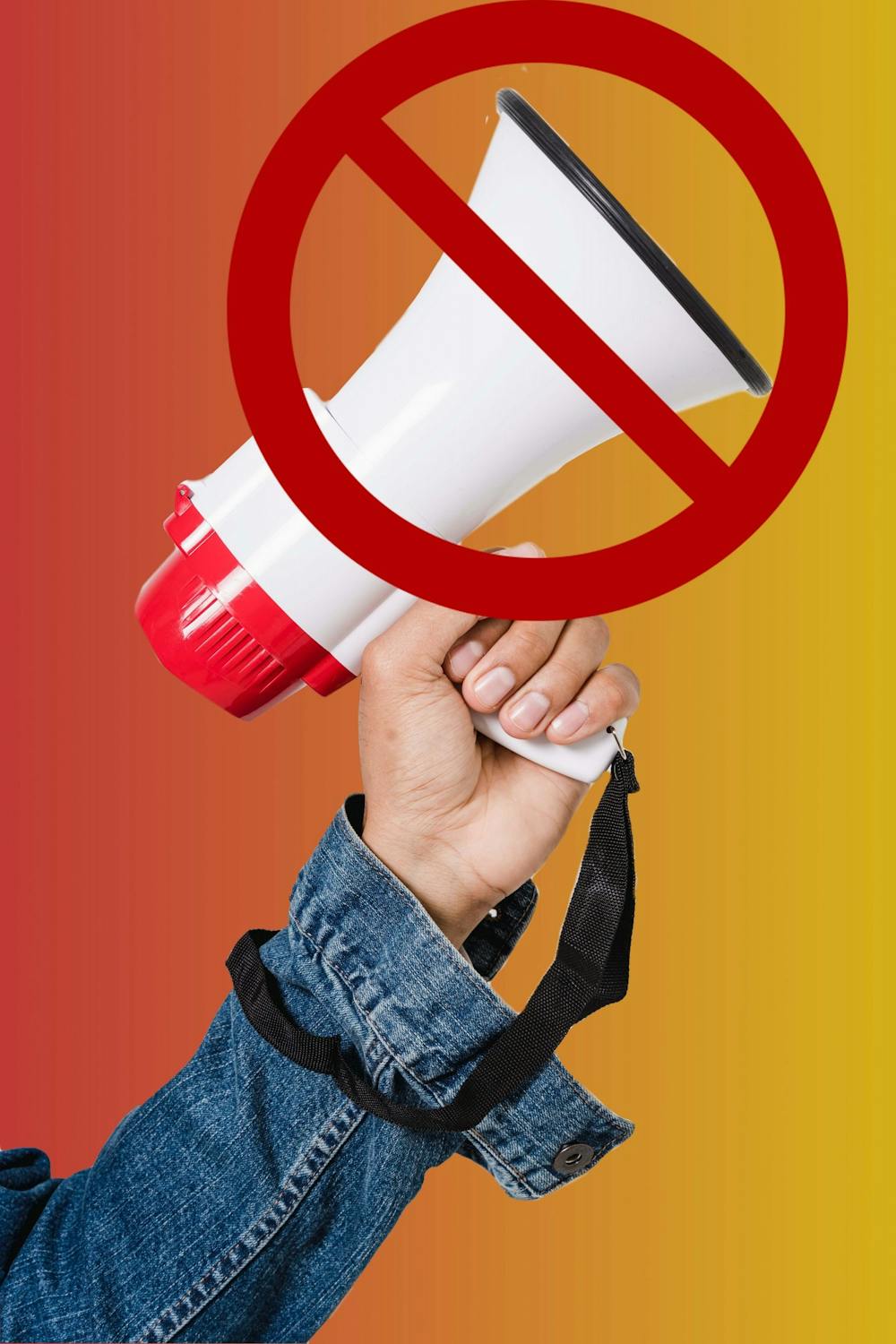Miami University is changing the way it handles free speech violations on campus.
Last year, the Ohio Legislature passed Senate Bill 135, which requires all universities to have a process for reporting instances where freedom of speech is violated and a procedure for dealing with those reports.
While students and faculty at Miami have been able to file reports through EthicsPoint since 2016, the University Senate is still working on new procedures to investigate complaints of free speech violations on campus. Amy Shoemaker, vice president and general counsel for Miami, expects these procedures will be in place before the next school year.
On Jan. 30, University Senate held a working session to discuss plans to implement an investigative process. The new policy would add a standing Hearing Committee and a Hearing Committee Administrator both appointed by the provost. Then, the panel made up of three committee members would decide how to handle the case.
During the Senate working session, faculty members expressed concerns about how the panel will reach its decisions. Some faculty even mentioned that they feared losing their jobs over false complaints.
Vicka Bell-Robinson, director of residence life, said she can understand the fear around the new policy.
“I think it is reasonable for people to be nervous about it,” Bell-Robinson said. “Nobody wants to go through a process, even if you are completely [proven] to not have done any wrongdoing.”
However, Bell-Robinson said it would take “the perfect storm of circumstances” for a faculty member to lose their job over limiting speech. Yet, the same circumstances have happened at other universities in the U.S. At Hamline University in 2022, a professor named Erica López Prater was let go after showing pictures of the Prophet Muhammad in her classroom, despite academic freedom and multiple warnings to students before presenting the image.
In response to faculty concerns, Shoemaker said the new procedures are not being made to punish people. She believes adding a process for dealing with reports of limited speech will be a positive change.
“This process isn’t necessarily set up to discipline anybody,” Shoemaker said, “but it is an opportunity for students and faculty to have a process for remediating violations of freedom of expression.”
Shoemaker said details will be provided about how the university plans to remedy instances of limited speech on campus when plans are finalized.
Lucas Orlando, an Associated Student Government (ASG) senator and sophomore political science major, said he wasn’t aware Miami was changing its reporting process. Still, he trusts Miami to be unbiased and make good decisions.
Enjoy what you're reading?
Signup for our newsletter
“I have no reason to think they wouldn’t behave in a fair and equal manner,” Orlando said.
Despite his trust in the university, Orlando said people may take advantage of this new system.
“There’s always a possibility of people misusing things,” Orlando said. “Do I think it will happen? I can hope not.”
Orlando said freedom of speech is fundamental on college campuses, and having a campus free speech policy is important. If speech was limited, Orlando said, then universities would be pointless.
“Universities are places of higher thinking, critical thinking,” Orlando said, “and if we can’t discuss those thoughts, then why even have them?”
Shoemaker said she realizes change can be unsettling. However, she believes free speech violations will be rare.
“My hope is that we as an institution have already been really mindful about allowing free speech and freedom of expression to occur,” Shoemaker said, “such that it's not a process that would be utilized very often because we're already responsive and protecting freedom of expression.”




